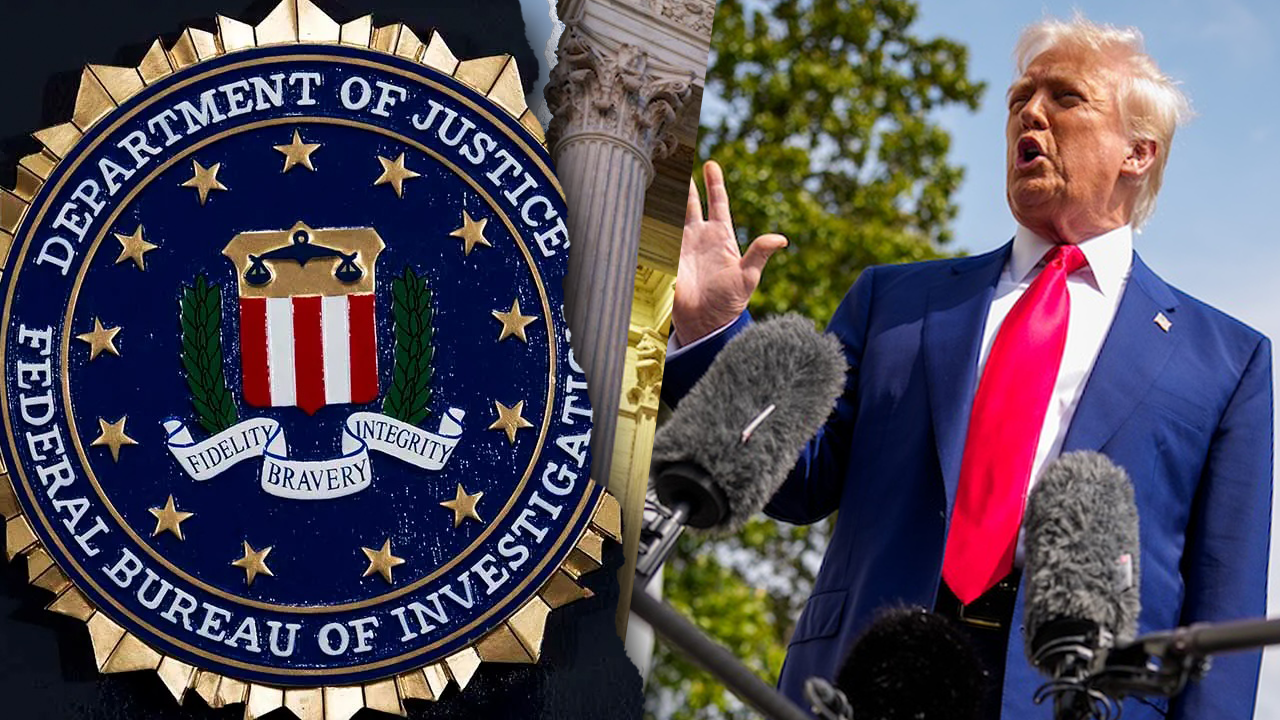Trump’s first 100 days marked by series of high-stakes court battles

President Donald Trump has hit the ground running in his second term, wasting no time in signing over 150 executive orders aimed at implementing his policy priorities. From slashing government spending to cracking down on illegal immigration, Trump has made it clear that he intends to deliver on his campaign promises.
However, the flurry of executive orders has not gone unchallenged. Trump’s actions have sparked a wave of lawsuits seeking to block or pause his initiatives, setting the stage for a high-stakes showdown over the limits of his executive powers. This constitutional clash is playing out in federal courts across the country, with issues of due process and First Amendment protections at the forefront.
Critics argue that Trump’s rapid-fire approach is intentionally designed to overwhelm opponents, while supporters maintain that it allows him to bypass a slow-moving Congress and swiftly pursue his agenda. The administration’s lawyers have been busy defending Trump’s orders in courtrooms nationwide, aiming to thwart efforts to halt his actions through emergency restraining orders and lawsuits.
Despite the legal challenges, Trump has expressed confidence in the judiciary, stating that he would never defy the Supreme Court. However, some legal experts believe that the administration is testing the limits of executive power and undermining the rule of law.
One of the most contentious issues has been the administration’s use of the Alien Enemies Act to deport migrants to El Salvador, as well as Trump’s executive order ending birthright citizenship. Federal judges have issued scathing rebukes against Trump officials for failing to comply with court orders, with some even suggesting contempt proceedings.
The Supreme Court has agreed to hear oral arguments on challenges to nationwide injunctions, starting with a case on birthright citizenship. The White House has criticized what they see as “activist” judges who are blocking Trump’s policies, and some allies in Congress have threatened impeachment against judges who defy the president.
White House press secretary Karoline Leavitt has not ruled out the arrest of federal judges, including Supreme Court justices, if they obstruct Trump’s agenda. Legal experts like Jonathan Turley see Trump’s aggressive approach as a strategic move to push through reforms before the 2026 primaries, anticipating potential challenges if Democrats retake the House.
As the legal battles continue to unfold, the stage is set for a fierce showdown between the executive branch and the judiciary. Trump’s determination to implement his agenda will test the boundaries of presidential power and the rule of law in the United States.




